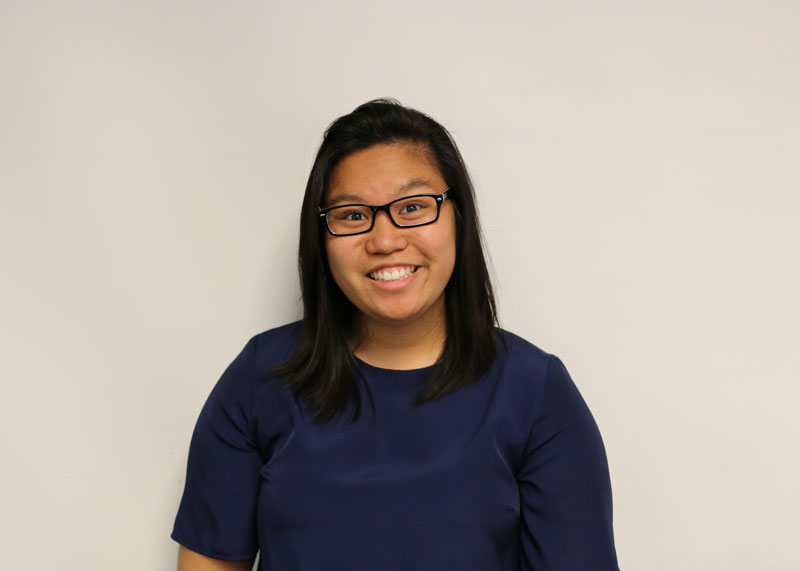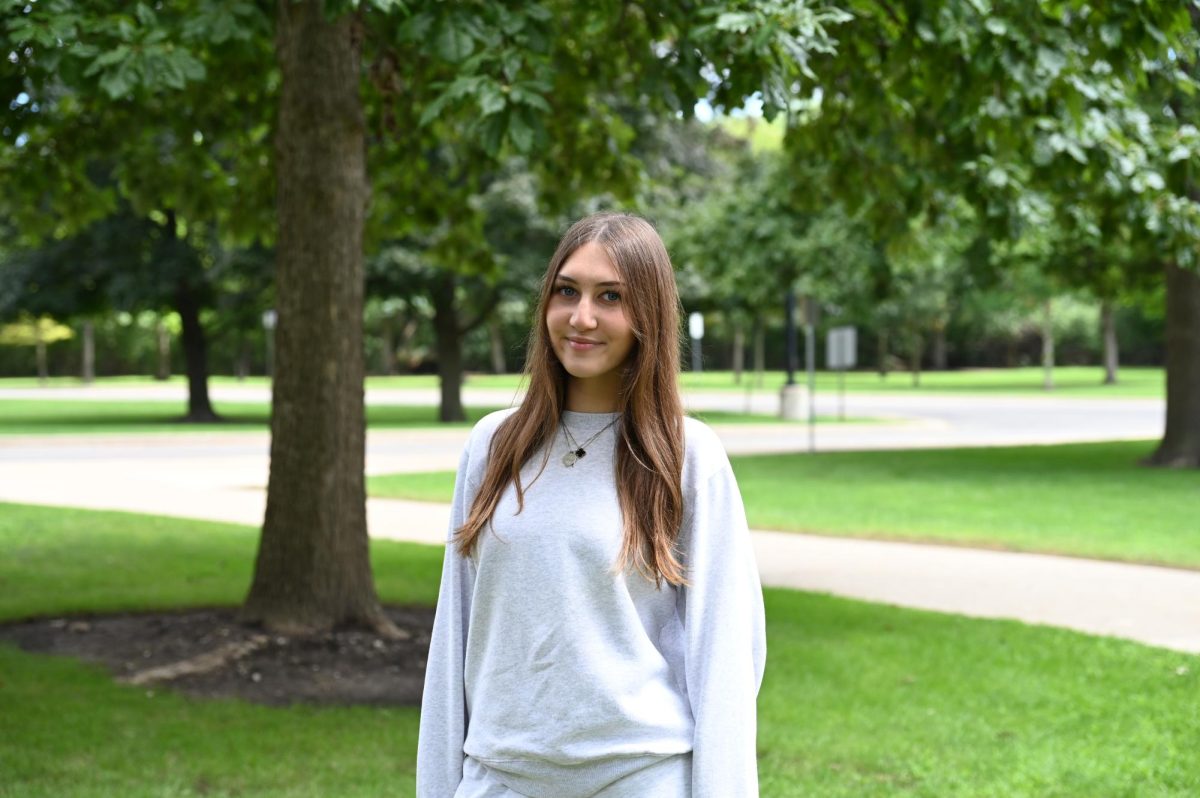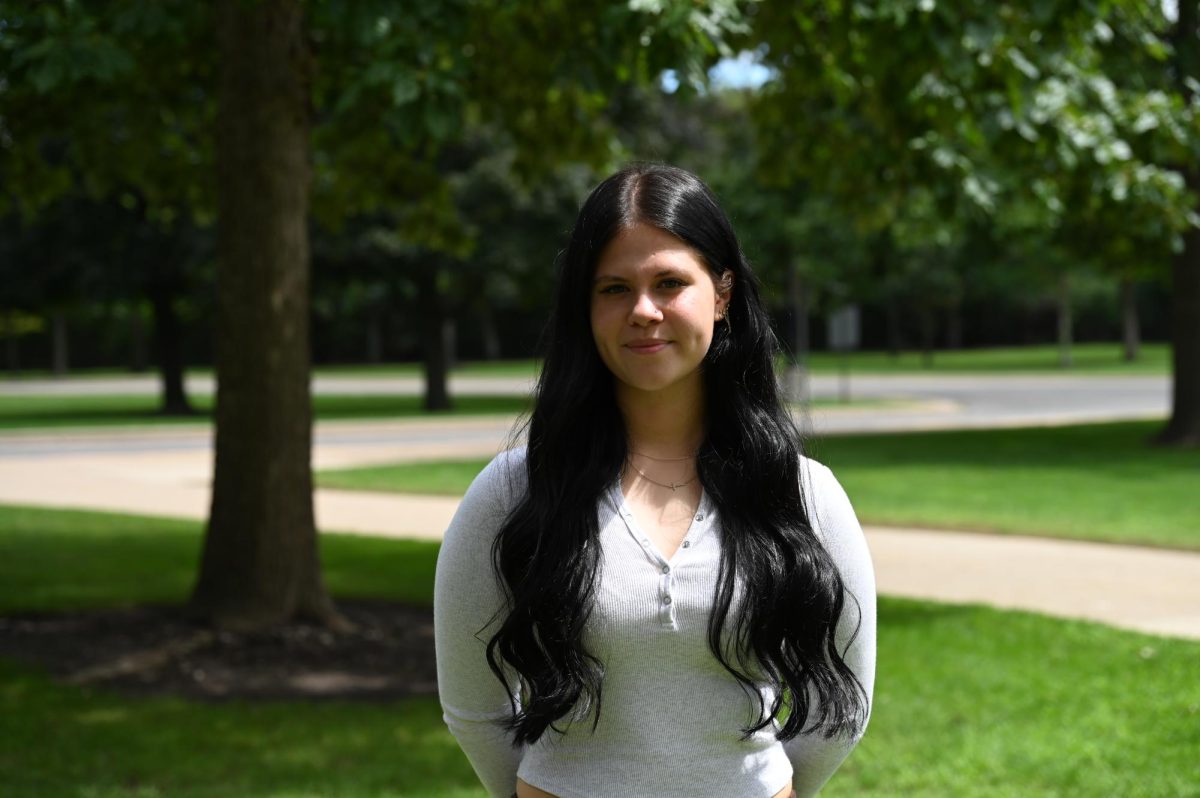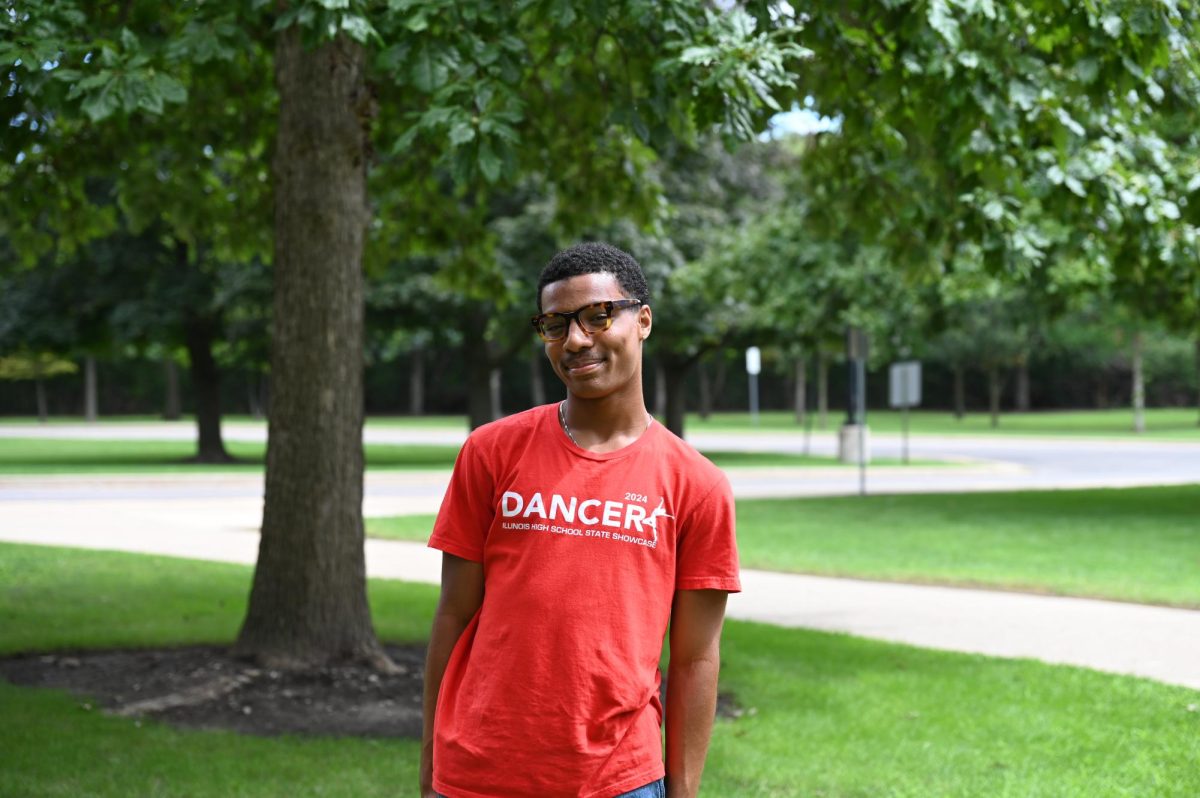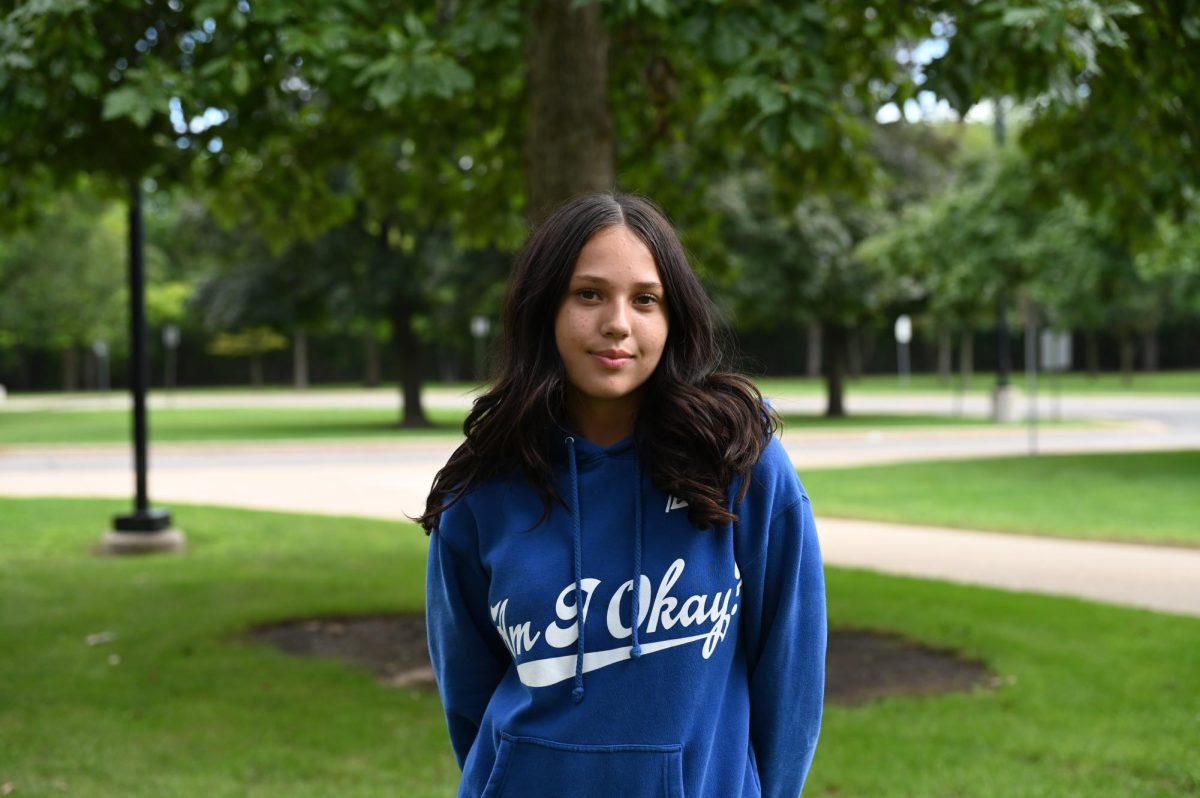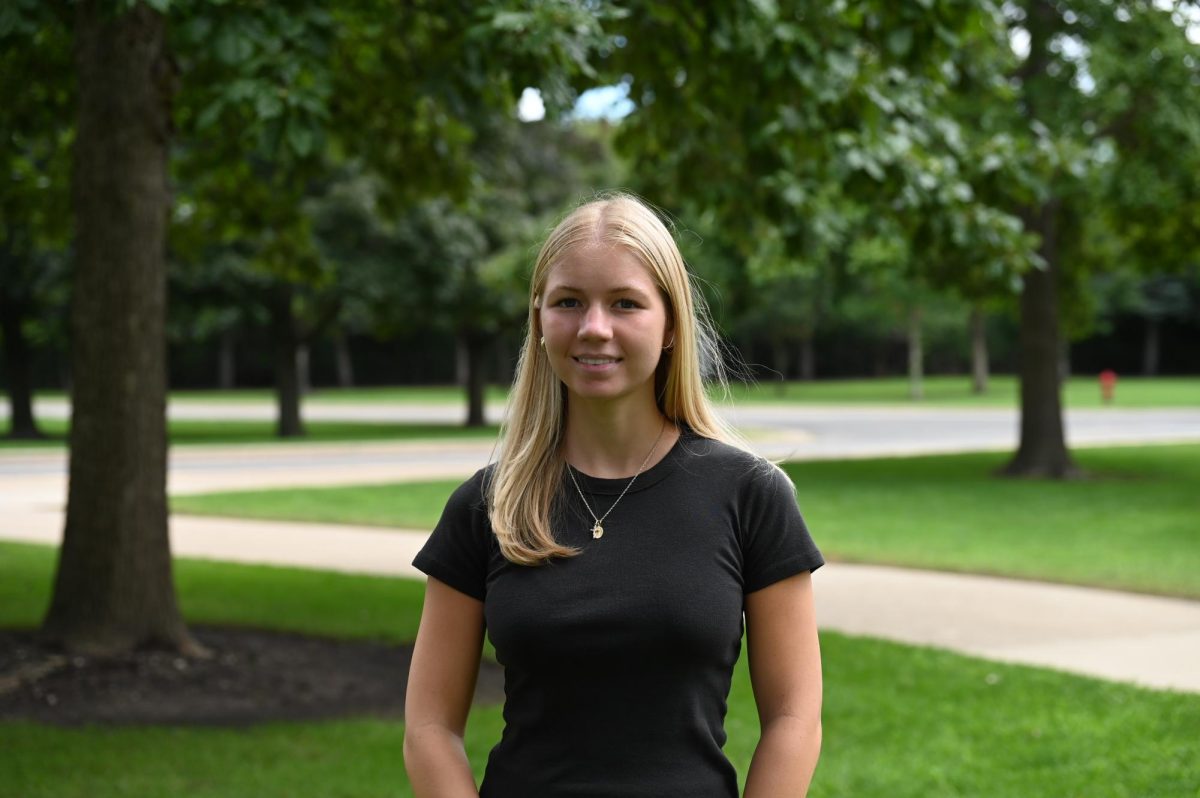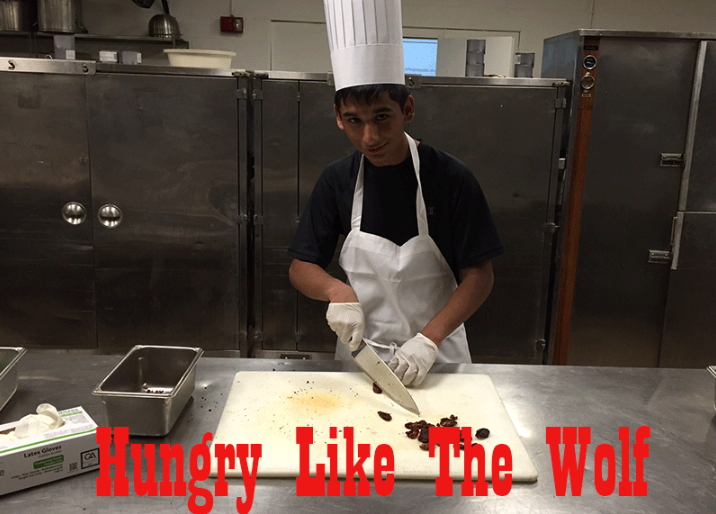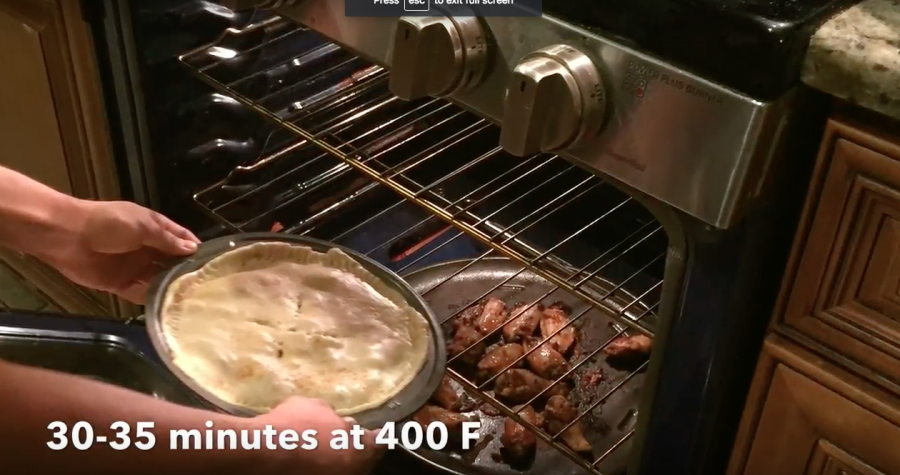College is expensive: everyone knows that. In a few years, they’ll be teaching how to calculate repayment for student loans on Sesame Street (“Four years, ah-ah-ah! Five years, ah-ah-ah!”); it’s kind of ridiculous.
I am a high school senior. It’s simultaneously the best and worst thing about high school thus far. We have to worry about college applications, filial responsibilities, academic pressures, emerging adulthood, and how we’re going to survive calculus for another day. And now some of us have to come to terms with the reality that we might not be able to afford an education after high school. College is becoming hard to afford. But for a certain group of people, there are much less options in financial support.
Deferred Action for Childhood Arrivals (DACA) was originally a policy extended toward undocumented immigrants who were brought to the United States before the age of 16. This grants immigrants the right to a renewable work permit and protection from deportation, should they pass a background check without any felonies and file the necessary paper work. Last November, President Barack Obama expanded the policy to immigrants under 31 years of age and extended the renewal period from two years to three.
“I feel that relative to the previous status of illegal immigrants that was given to kids who were brought to America, DACA provides a small but valuable sense of security to undocumented children who are struggling to get through school and working through the obstacles their citizenship creates. It would be very disappointing to see the beginning of a much needed legal change in immigration procedures go to waste after Obama’s term,” an anonymous DACA senior said.
While DACA is a major step up from the immigration policies of the past, undocumented DACA students still face a significant issue that continues to perpetuate the lack of socio-economic and cultural diversity in ambitious careers: paying for college. I cannot receive any federal financial aid. Because I was born in the Philippines and brought here when I was four, the government cannot give me any financial support as student loans. Sure, I can receive grants and apply for scholarships. But like a large percentage of children of immigrants, finances have always been an area wherein my family has struggled; without federal aid, funding for my college education will be considerably more difficult. Like $60,000 more difficult.
With all the hype of next year’s presidential election currently taking place, immigrants and their children stand right outside the doorway into the political debate of their futures. Many would have DACA suspended to uphold the greatness of America (oh you know who I’m going to quote next) and immigrants returned from whence they came. Donald Trump in particular has been especially vocal in his disapproval of Obama’s lenient immigration policies, freely letting loose blatantly racist comments throughout his campaign.
“When Mexico sends its people, they’re not sending their best. They’re sending people that have lots of problems. They’re bringing drugs. They’re bringing crime. They’re rapists… I will build a great wall — and nobody builds walls better than me, believe me —and I’ll build them very inexpensively. I will build a great, great wall on our southern border, and I will make Mexico pay for that wall. Mark my words,” Donald Trump said.
Of course immigration is a nationwide discussion that needs to take place thoughtfully and carefully, but those of us stuck in the uncertain gray area between “citizen” and “illegal alien” have a limited amount of time before the clock strikes 12 and it’s time to figure out what happens after high school. Though our status of citizenship is sometimes ambiguous, our limitations are clear: among those is the tricky situation of paying for college without federal aid.
Now what options do DACA students have? There are certain schools and even certain states to avoid entirely when conducting your potential college search. The best thing to do would be to research and look at scholarships that don’t require citizenship for you to apply. If you’re a DACA student, this situation is unfair and will feel like an injustice to you, especially if you’re not from the most affluent family. However, you can control how you react to it and there are people who are willing to help you work around the situation– namely Stephanie Lau, Daniel Gin, and Jerry Pope. There is never a situation so hopeless as the one you abandon. If you stay strong and use your resources, maybe one day the American dream will be redefined to include the dream of the immigrant.


